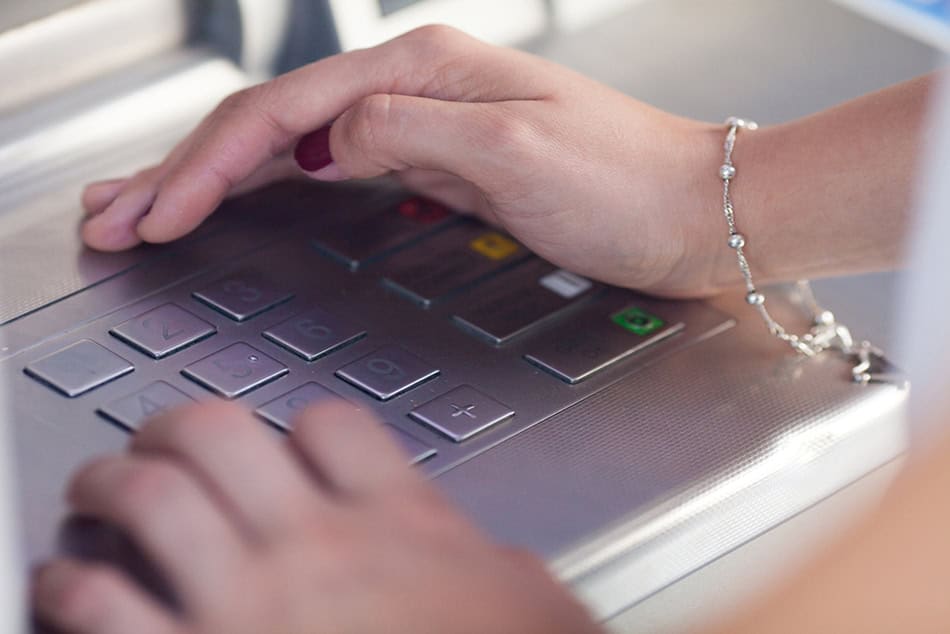5 Steps to Take After Being Hacked

Uh oh — you’ve been hacked! Luckily, there are ways to mitigate the damage and jumpstart your recovery process.
Step 1: Assess the damage
First, determine the damage. Unfortunately, one hacked password can be the gateway to multiple hacked accounts and even identity theft. Review your credit card and checking account statements for suspicious activity and try accessing your email, social media accounts and mobile devices to see if they’ve also been affected.
Step 2: Change your passwords
Once you know which accounts and devices have been hacked, change the passwords and PINs on them. For an added measure of protection, it’s a good idea to change the passwords on all your accounts that hold sensitive and/or financial information. Remember to choose strong, unique passwords for every account.
Step 3: Protect your credit
Dispute any fraudulent charges on your compromised account(s). If necessary, have the account(s) locked, or even closed. If the hack includes your ATFCU debit or credit card, our local team will assist you with the dispute process. Please contact us and ask for the Card Processing Department.
Next, place a fraud alert on your credit reports. This serves as a red flag to potential lenders and creditors. Also, consider a credit freeze, which prevents potential lenders from accessing your credit report. This makes it impossible for the hacker to open new credit line in your name.
Step 4: Alert the authorities
We recommend that you alert the Federal Trade Commission of a possible or confirmed identity theft at identitytheft.gov . You’ll also find a detailed recovery plan on the site to help you repair your credit and reclaim your identity.
Hacking is usually done remotely, but it’s still a good idea to let your local law enforcement agencies know about the breach.
Also, if you haven’t already done so, don’t forget to let us know what’s happened! If you’ve been hacked, give us a call at 325.677.2274 or 800.677.6770 to see how we can help.
Step 5: Proceed with caution
It’s important to keep a close eye on your accounts for the next few months. Watch for suspicious activity. If you spot any, be sure to notify the vendor or financial institution involved. Then follow the steps above.
If you’ve opted to go with a credit freeze, it will generally lapse after 90 days. If your accounts are determined to be safe now, consider opening a new credit line to jump-start the recovery of your credit health.
For more help and information check out our blog post on how to Fight Identity Theft.


